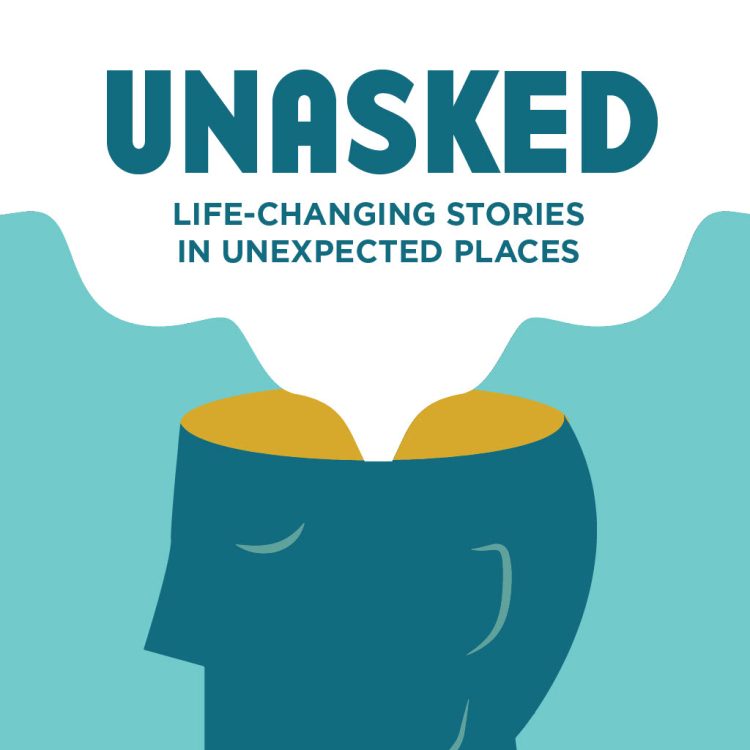Two survivors of child sexual abuse have said Katella High School’s David Sepe sexually abused them while he was their teacher at Savannah High School. Both schools are in the Anaheim’s Union High School District. But it gets worse – Sepe was accused in the early 2000s of abuse The Anaheim Unified HS District knew…Continue reading If your kid goes to Anaheim’s Katella HS, read this:


